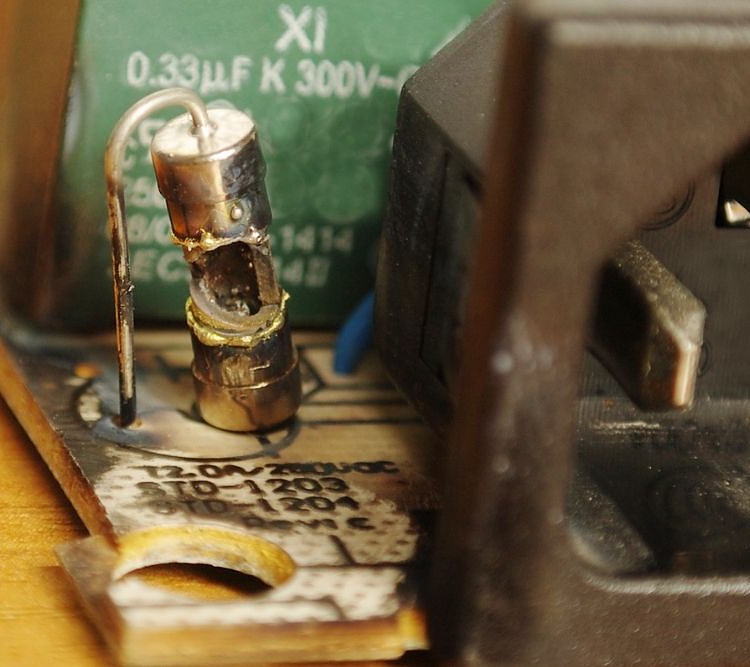Picture this scenario in your head. You’re out for a nice fishing trip in a popular fishing spot. You’re just heading over to the perfect spot when you feel the trolling motor stutter and stop working.
It’s not a great start but you came prepared. You check the motor, realize there’s a fuse problem, and bring out a new one from your emergency supplies. You try starting the motor and it starts!
You’ve barely managed a few meters when you hear that familiar noise again and, before you can register what is happening, the motor dies again. Inside, your new fuse plug sits fried.
While it’s true that your perfect fishing trip is now canceled, you have a bigger problem at hand. Your relatively young and well-maintained trolling motor is malfunctioning and you don’t know why.
Table of Contents
What to Do?
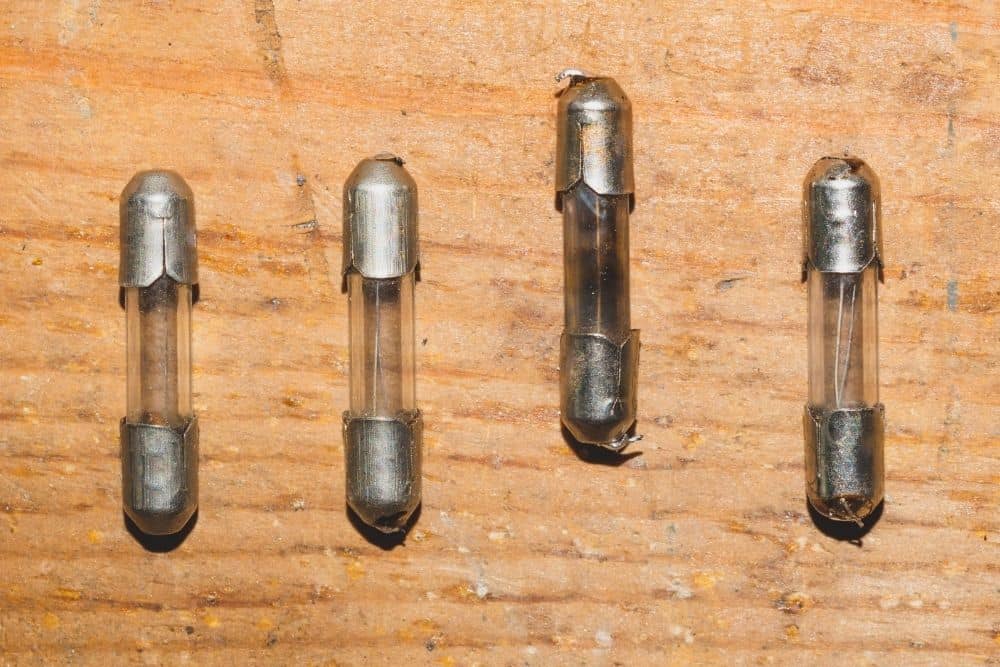
The first thing to do is to stop replacing the fuses. No matter how many times you replace them, they will all end up the same way.
Eventually, you’d have wasted money without gaining anything out of the situation. Your trolling motor blowing fuses is not the problem. It is the symptom of the problem.
Right now, you need to get to the heart of this problem and figure out how to solve it.
What Happens When Your Trolling Motor Blows a Fuse or Comes Near It?
The interesting part about this issue is that your boat will either blow a fuse or come very close to it before getting detected. However, the only way you can prevent it from getting blown up is to notice the signs earlier.
Following are some of the things you may experience when your trolling motor blows a fuse or comes close to it.
1. Motor Suddenly Turns Off
Just like we mentioned in the example, the moment your fuse blows, your trolling motor will stop working. If you try to get it to work again, the chances are that it will not cooperate until the fuse is replaced.
However, even when the fuse is replaced, if you haven’t solved the core problem, this will even recover and you will repeat this cycle.
2. Fuse Holder Heats Up
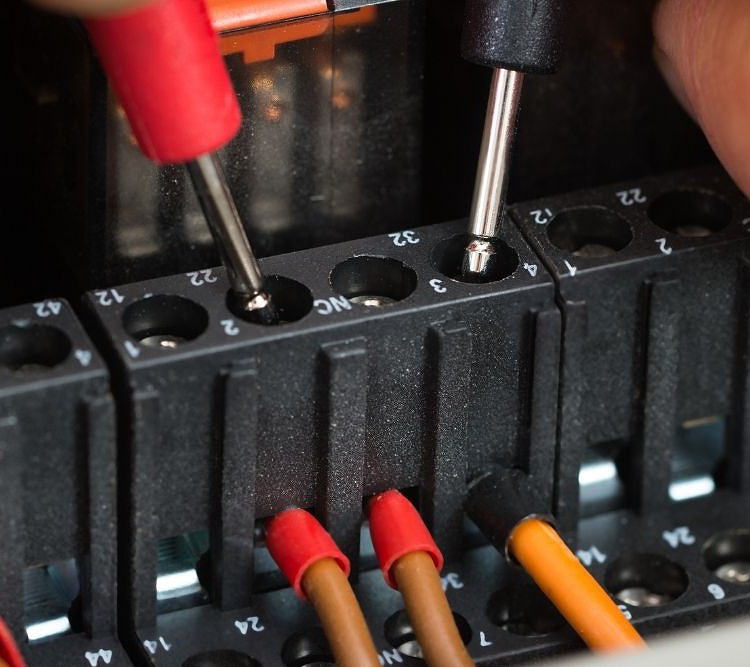
Another telltale sign of a problem comes from the temperature of the fuse holder. If you constantly find that the fuse holder heats up after some basic sailing, you have a problem.
While you can release a sigh of relief that it didn’t blow, you still need to figure out why it’s heating up.
3. Circuit Breaker Heating up Consistently
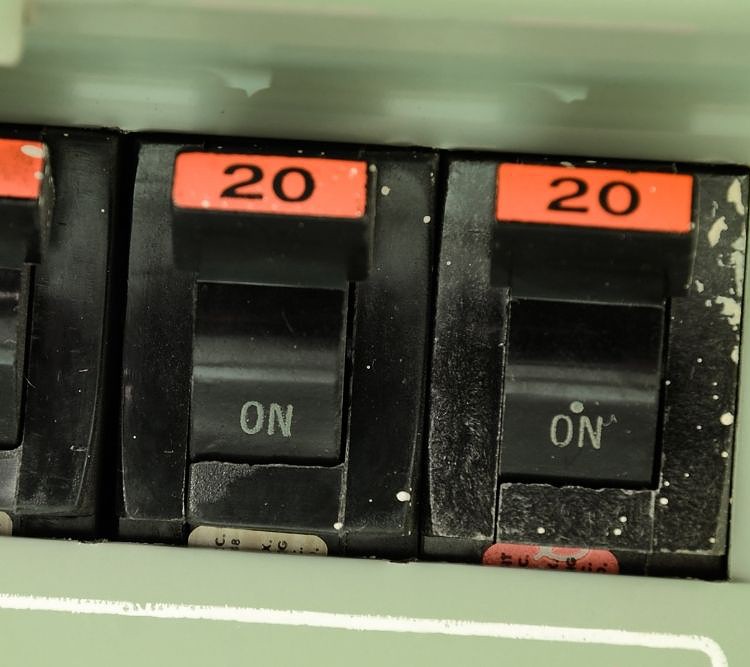
Another way you can tell there is a problem with the system is if your circuit breaker heats up. The purpose of the circuit breaker is to protect your main equipment from damage due to abnormal surges in voltage or current.
An electrical error within the system will get it to start heating up and it will break off the electrical supply to the equipment when the values start fluctuating.
All in all, these three factors are a prominent way for your boat to tell you that something needs fixing. The next step is to figure out what.
Reasons Why Your Trolling Motor Keeps Blowing Fuses
There can be several reasons for your trolling motor might be blowing fuses. Some of them are easily fixable, others require expert attention. Let’s consider some of the most prominent reasons for your trolling motor blowing fuses.
1. Defective Drive
A major cause of your trolling motor blowing fuses is a defective drive. Your trolling motor’s drive produces nearly the same amount of current as that of the motor, which puts it at high levels of stress.
Added stress due to electrical problems will start chipping away at its effectiveness and weaken it. One of the best ways to get around the problem is knowing what is causing it.
You can check out the following video to get a better idea about how you can detect the source of drive damage before you attempt to fix it.
2. You are using the Wrong Fuse Amperage
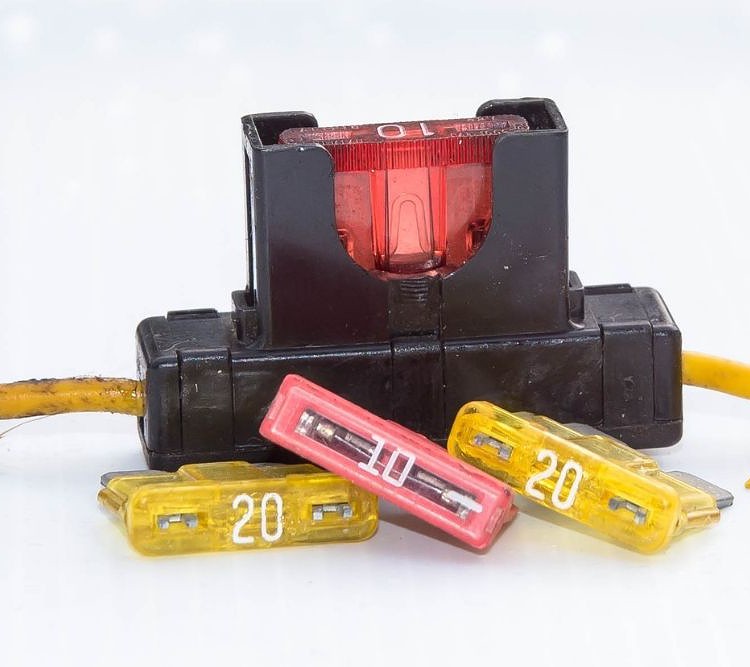
A major reason why your trolling motor’s fuse may be blowing is that you are using the wrong amperage. You can determine what amperage is right for you by looking at three main aspects:
a. Amp Hours
b. Trolling Motor Run time
c. Amperage Draw
Amp Hours
Trolling boats work best with deep cycle batteries, so you need to get a deep cycle battery for it. Deep cycle batteries utilize their full capacity to offer a consistent electrical supply for a long duration.
Trolling Motor Run Time
This decision will also involve knowing the average time for which you will be running the boat. The longer the time needed to run the boat, the greater your battery capacity needs to be.
Amperage Draw
The amperage draw ascertains how much electricity your boat consumes for every operational hour. Considering this value alongside ampere-hours will help you know the ideal run time.
If you have not selected the right battery size for your trolling motor or keep running it for longer than you should, your fuses will blow.
3. Damaged Solenoid Coil
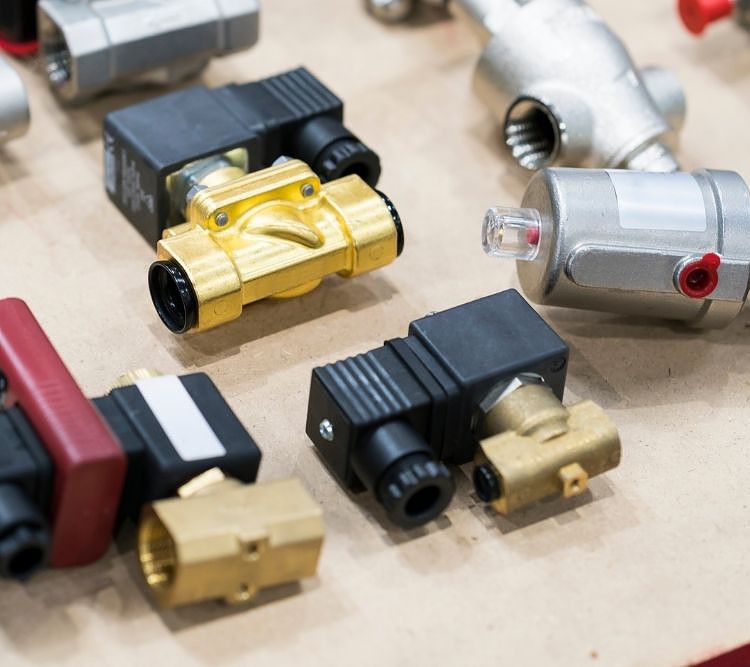
The solenoid coil in your trolling motor formulates its electrical connection, and any damage to it will disrupt the flow of electricity throughout the motor.
There are several reasons for damage but it can come from wear and tear, overstretching, etc.
4. Incorrect Wiring Size
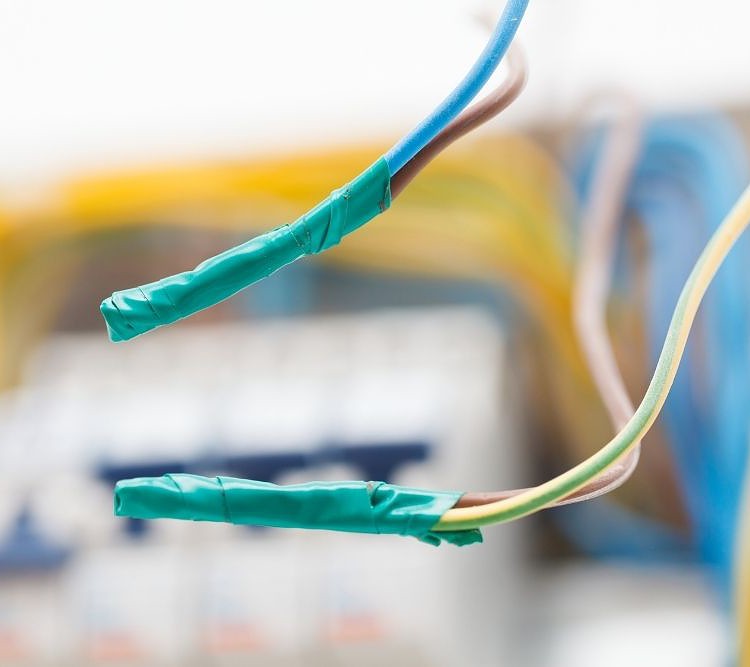
Aside from becoming damaged, another reason for wiring causing fuses to blow is incorrect sizes. If the wire is too short for the trolling motor, it becomes a hassle to manage it, and the circuit within starts suffering.
5. Faulty Voltage
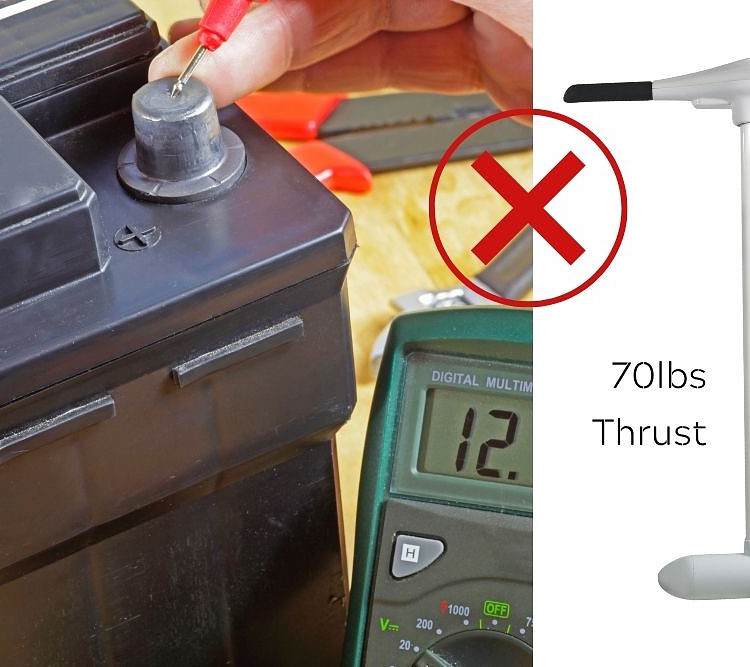
Last but not least, faulty or incorrect voltage. Most of the deep cycle batteries for an average trolling motor are 12V while the larger trolling motors run on 24V and 36V.
12V gives a moderate 1 pound of thrust at full speed. If you try pushing the boundaries, your motor will start facing limitations.
Additionally, when you replace the fuse, make sure it has the correct specifications.
How to Fix It
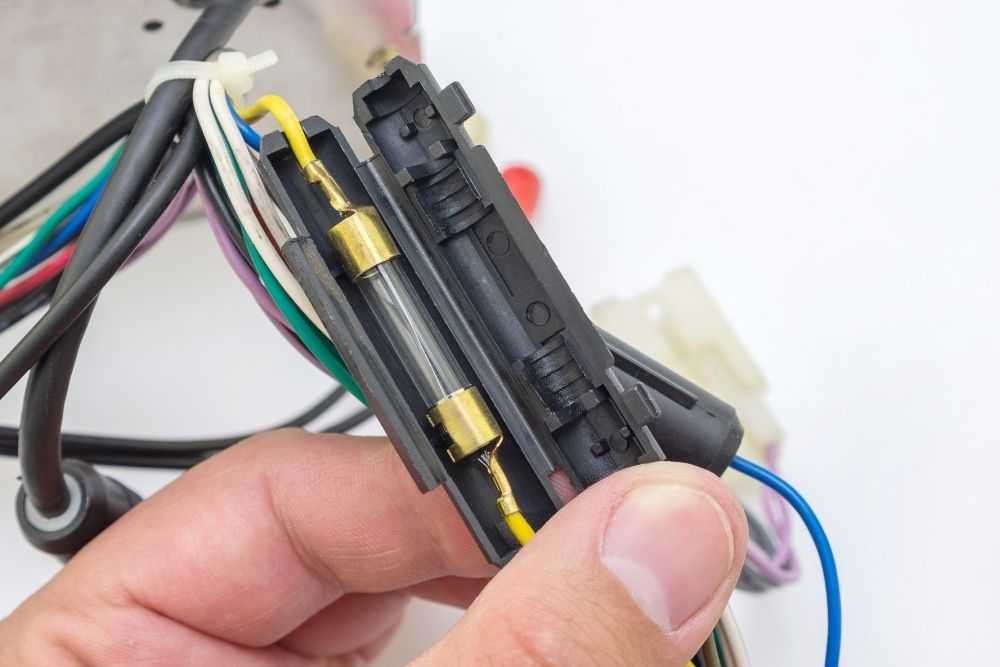
Depending on which of the above problem is behind your trolling motor blowing fuses, here are a few solutions you can opt for to fix things:
- Check the drive according to the way it is explained in the reference video. If your electrical problem is a result of drive issues, consult an expert to get it fixed.
- Ensure you are not using the incorrect battery type or the incorrect ampere-hours and/or time.
- Check the solenoid coil and ensure it is neither damaged nor too short for your trolling boat. If either case is true, get it replaced.
- Use the right Voltage and always check the Amp and Volt details of the fuse you are adding to the trolling motor system.
Conclusion
To conclude, several reasons can cause trolling motors to keep blowing fuses. The only way you can fix things is by determining which of the problems applies to you and work accordingly.
If you want to learn about why your trolling motor keeps losing power, you can also check out this article. You will get a comprehensive idea of the problem and its solutions.

I created this site to help people – to help you – with your boat problems. Instead of helping one person at a time, I want this website to be the “one-stop-shop” for everyone’s boating concerns. Read more.

